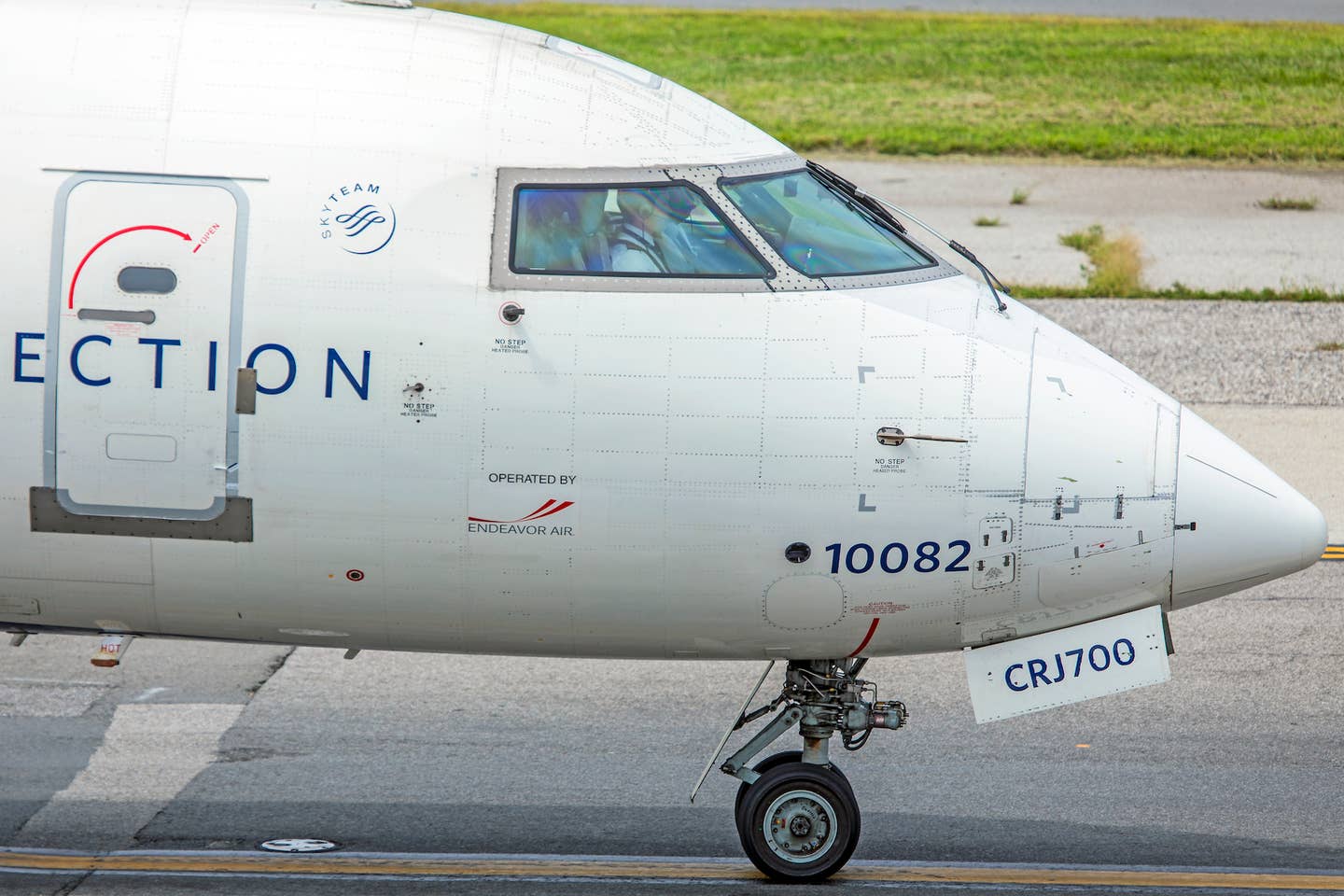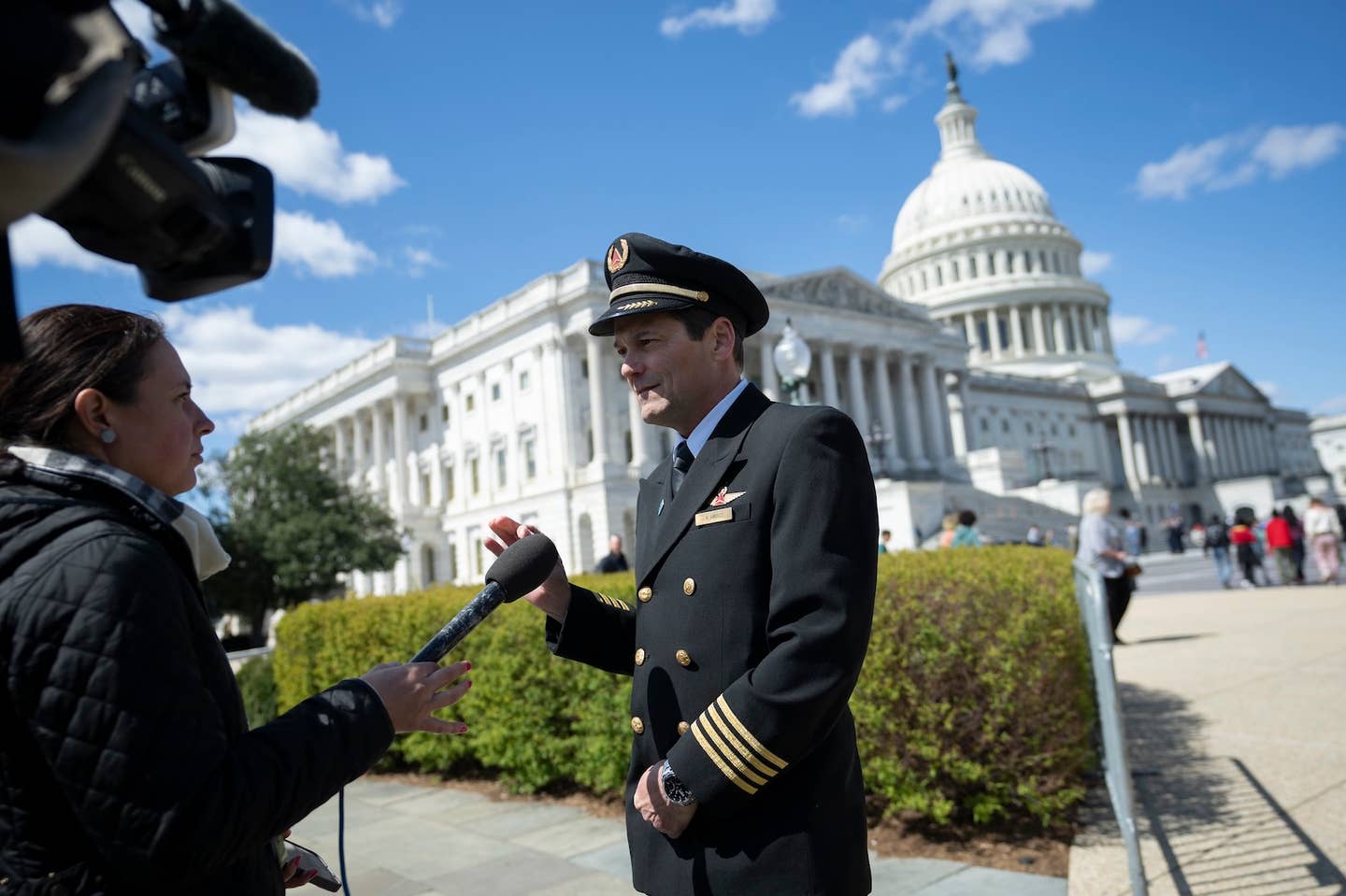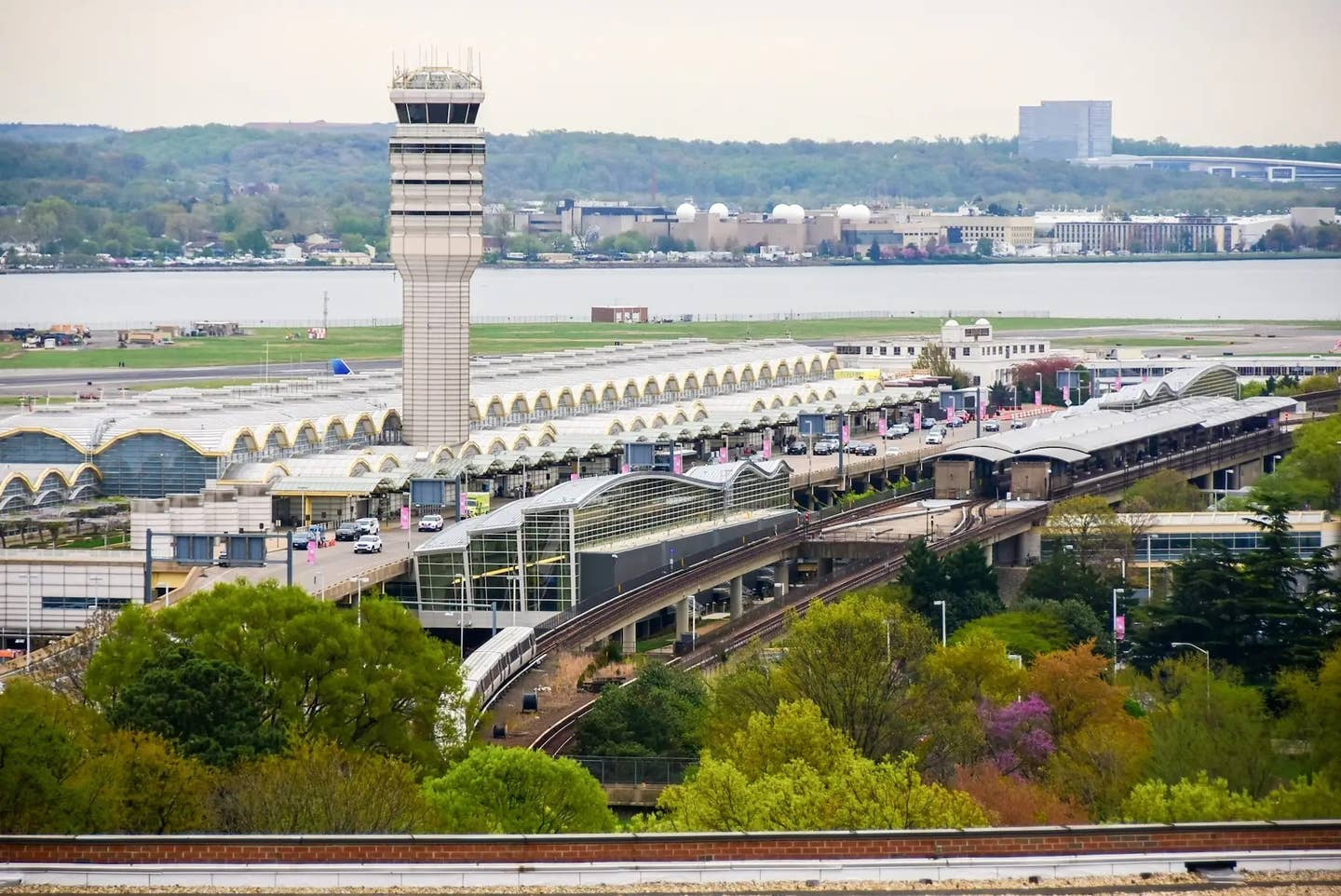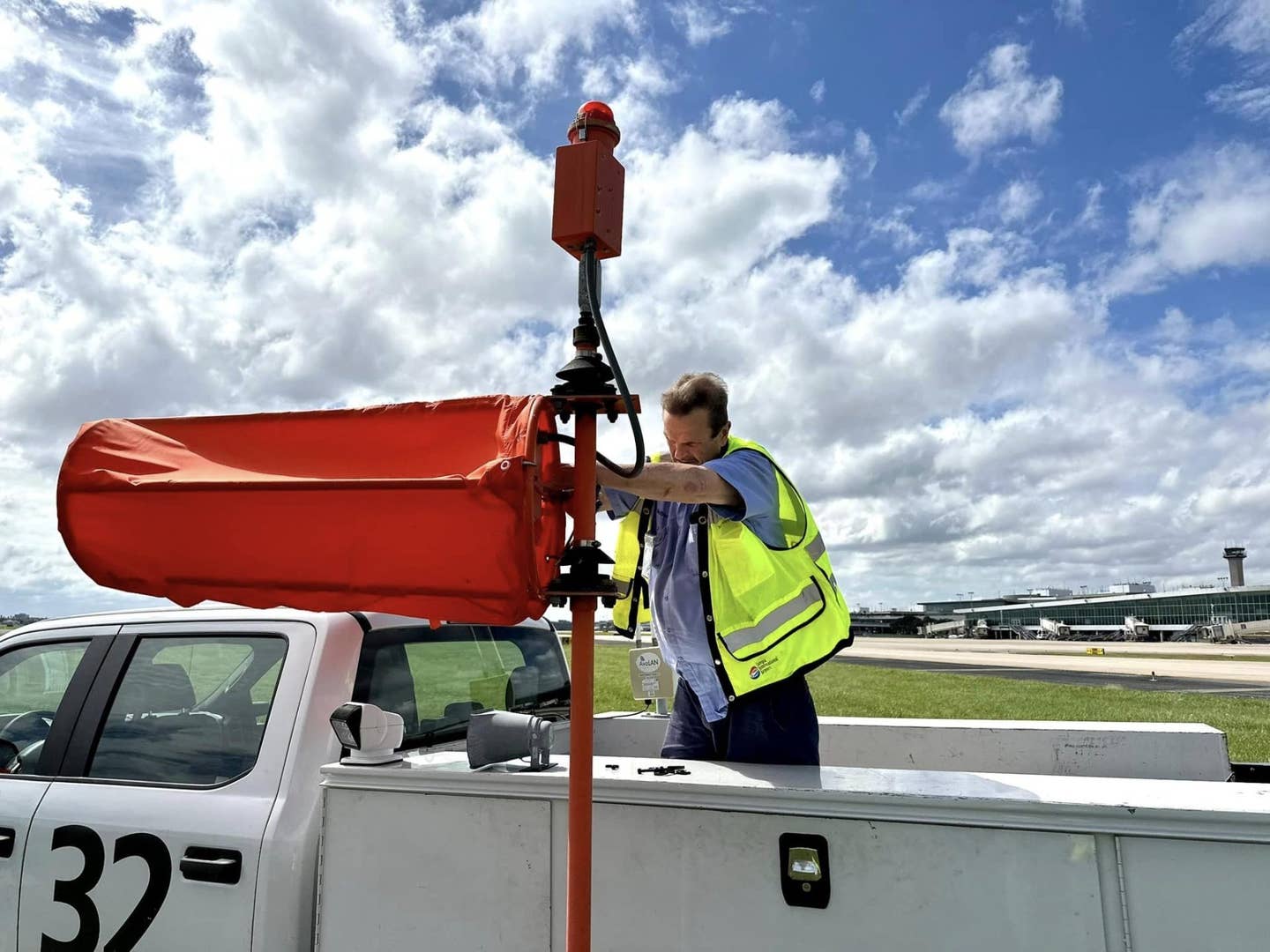Congress Shells Out Millions to Aid Pilot Shortage
The government will more than triple funding towards pilot recruitment and development efforts.

An Endeavor Air CRJ-700 aircraft at New York’s LaGuardia airport [Credit: AirlineGeeks | William Derrickson]
Congress will distribute $80 million over the next four years to assist with pilot workforce development. These funds—included as part of the recent FAA Reauthorization Act—represent a substantial increase from the $25 million allocated in 2018.
This additional funding is part of the FAA’s Aviation Workforce Development Grants program, which provides support to aviation-related education programs. The $80 million in pilot development grants is part of a broader $240 million pool intended to also recruit aircraft mechanics and aviation manufacturing workers.
According to Yahoo Finance, an early version of the bill included $120 million in total funding, but that number was doubled with an amendment introduced by Georgia Senator Raphael Warnock. “This is a long-term issue,” he said during an interview.
‘The Pilot Shortage Myth’
The roughly $55 million in new funding comes as the Air Line Pilots Association (ALPA) – the world’s largest pilots union representing over 77,000 aviators—says the pilot shortage “isn’t real.” The labor group even goes as far as saying that the shortage is a so-called “myth,” instead pointing fingers at airline leadership.
“So, although we don’t have a pilot shortage, we do have a shortage of airline executives willing to stand by their business decisions to cut air service and be upfront about their intentions to skirt safety rules and hire inexperienced workers for less pay,” ALPA says on its website.
Despite the rhetoric, regional carriers say they aren’t quite out of the pilot supply woods yet with some offering lucrative bonuses for direct-entry captains. In a recent presentation, the Regional Airline Association (RAA)—a trade group—said, “We can’t believe we have to say this, but an abrupt, temporary hiring disruption—driven entirely by an abrupt aircraft delivery disruption—is not the same thing as fixing the pilot shortage.”
Some in Washington also believe the so-called pilot shortage isn’t over. During a press briefing at Austin’s Bergstrom airport on Tuesday, Texas Senator and Senate commerce committee ranking member Ted Cruz said he ‘absolutely’ still believes there’s a shortage, adding that Congress should have done more.
“So this bill…takes modest steps in the direction of addressing the pilot shortage, but I wish we had been able to take more, and I’m going to continue working to take even bolder steps,” he added.
Cruz strongly supported raising the airline pilot retirement age from 65 to 67, which failed after a narrow party-line vote. ALPA and other pilot unions opposed the increase.
“The pilots union has an interesting position on this. It’s one of the very rare circumstances I know of where a union picked some members over other members,” Cruz said at the briefing.
Diversity Push
With the bill now passed, the FAA will be tasked with distributing the funding as grants to flight schools and other institutions. Sen. Warnock said he pushed to include provisions in the bill to distribute some of the funding to ‘underrepresented populations’ in the aviation sector.
“I’m making the business case for diversity,” Warnock told Yahoo Finance. “It’s in our enlightened self-interest to find that talent and create a robust pipeline so that they can become pilots.”
Editor’s Note: This article first appeared on AirlineGeeks.com.

Sign-up for newsletters & special offers!
Get the latest FLYING stories & special offers delivered directly to your inbox






